Arvind Kejriwal, the Chief Minister of Delhi and leader of the Aam Aadmi Party, is set to continue his stay in the infamous Tihar Jail after the Delhi High Court rejected his plea against an arrest warrant issued by the Enforcement Directorate (ED).
The High Court's decision, delivered on Tuesday afternoon, upholds the custody period until April 15 for Kejriwal, who was arrested on March 21 in connection with the excise (liquor) policy case. Kejriwal's legal team has indicated their intention to appeal the verdict to the Supreme Court following the High Court's ruling.
Justice Swarna Kanta Sharma, in delivering the judgment, emphasized the principle of equality before the law, asserting that the Chief Minister holds no special privileges in matters of legal proceedings. The judgment further noted the substantial evidence presented by the ED regarding bribery allegations in the excise policy case, including statements implicating individuals associated with the Aam Aadmi Party.
Addressing concerns raised about the timing of Kejriwal's arrest vis-à-vis upcoming elections, the court underscored the irrelevance of political considerations in legal proceedings, emphasizing that the case revolves solely around the allegations brought forth by the ED against the petitioner.
Kejriwal's legal team had contested the procedural aspects of his arrest, arguing that due process was not followed. However, the ED maintained that Kejriwal's status as the primary accused warranted his arrest, citing precedents in similar cases.
Meanwhile, amid calls from the opposition Bharatiya Janata Party (BJP) for Kejriwal's removal from office, the court affirmed that decisions regarding his tenure as Chief Minister fall within the purview of democracy, emphasizing that such matters are to be determined through democratic processes rather than judicial intervention.



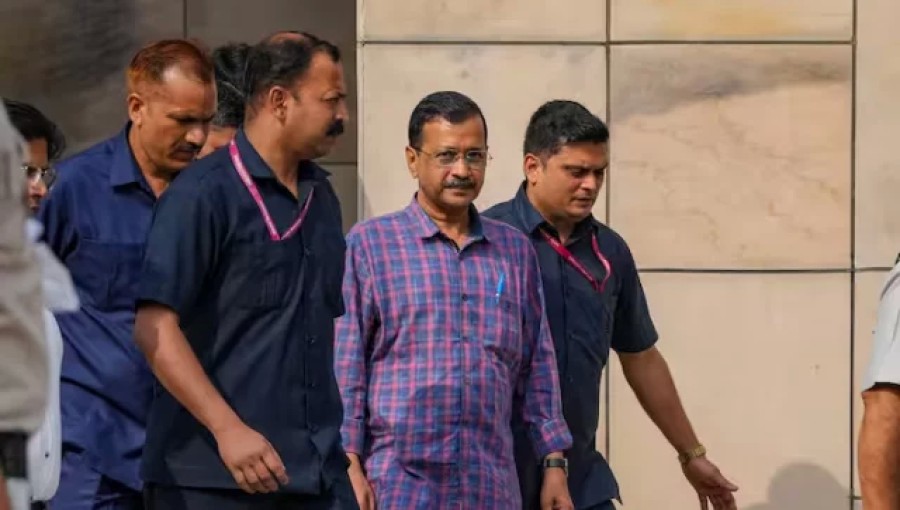

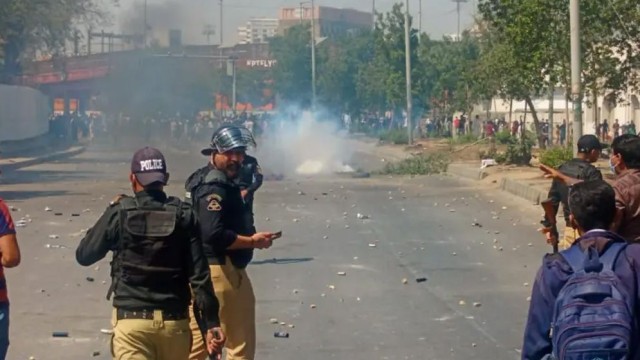
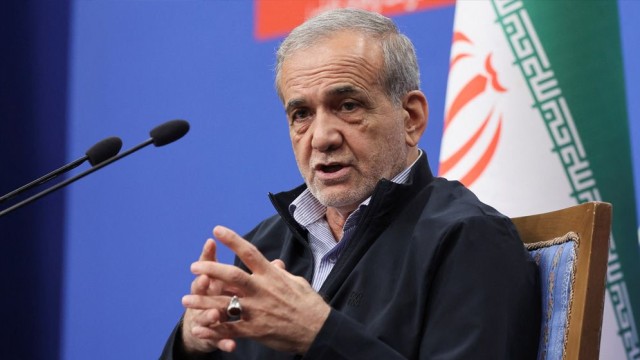
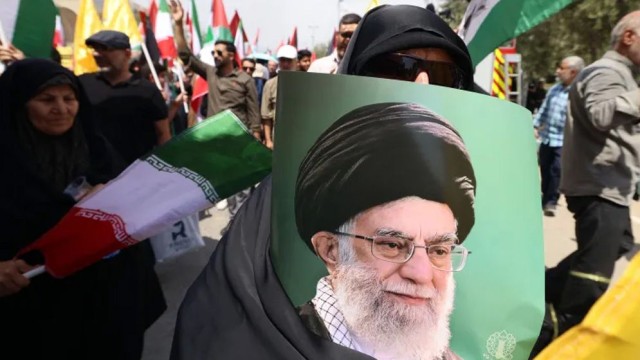
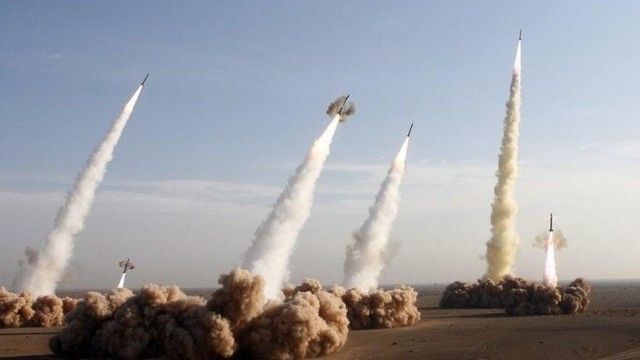
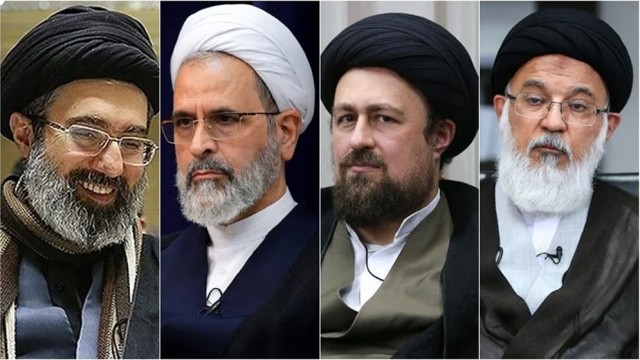




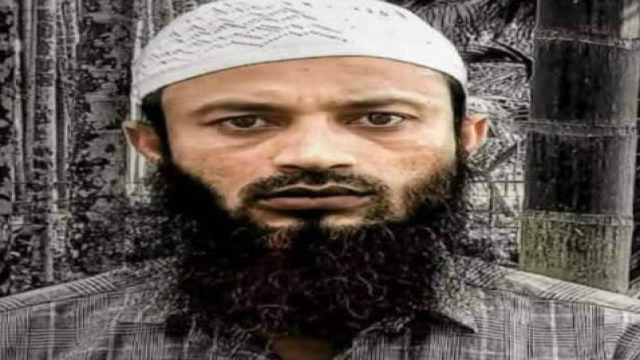
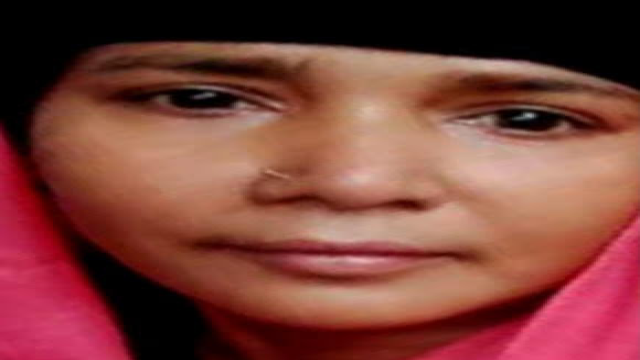



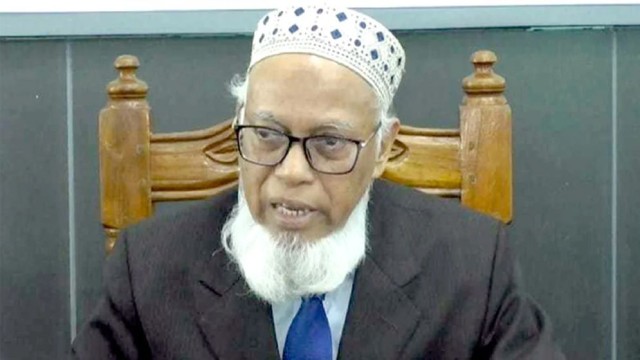










Comment: